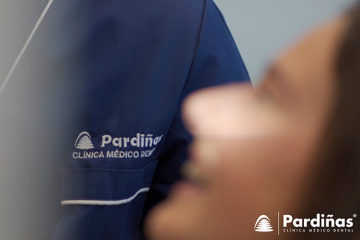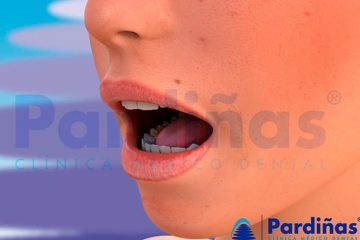Herpes virus can produce a viral infection that affects a large percentage of the population. In this article we talk about the causes and treatment of this type of condition.
1) What causes cold sores?
Herpes on the lip, known colloquially as fever or cold sore, is an infection usually caused by the herpes simplex virus type 1 (HSV-1). Sometimes it is caused by HSV-2, although this is usually more related to genital lesions.
2) How is the herpes virus spread?
HSV is extremely contagious and is transmitted through direct contact with active ulcerative lesions through secretions such as saliva. Kissing, sharing kitchenware, clothing, or practicing oral sex with an infected person can cause transmission. The average incubation period is usually 7 days.
Once an initial contact has been had, the genetic material of the virus travels through the nerve endings of the skin and mucosa until it reaches the trigeminal nerve ganglion, where it is settled. From there it can be reactivated due to various stimuli such as fever, lowered defenses, infections, hormonal changes, stress... causing recurrent local infections.

3) What types of Herpes Simplex are there?
There are different types of simple oral herpes:
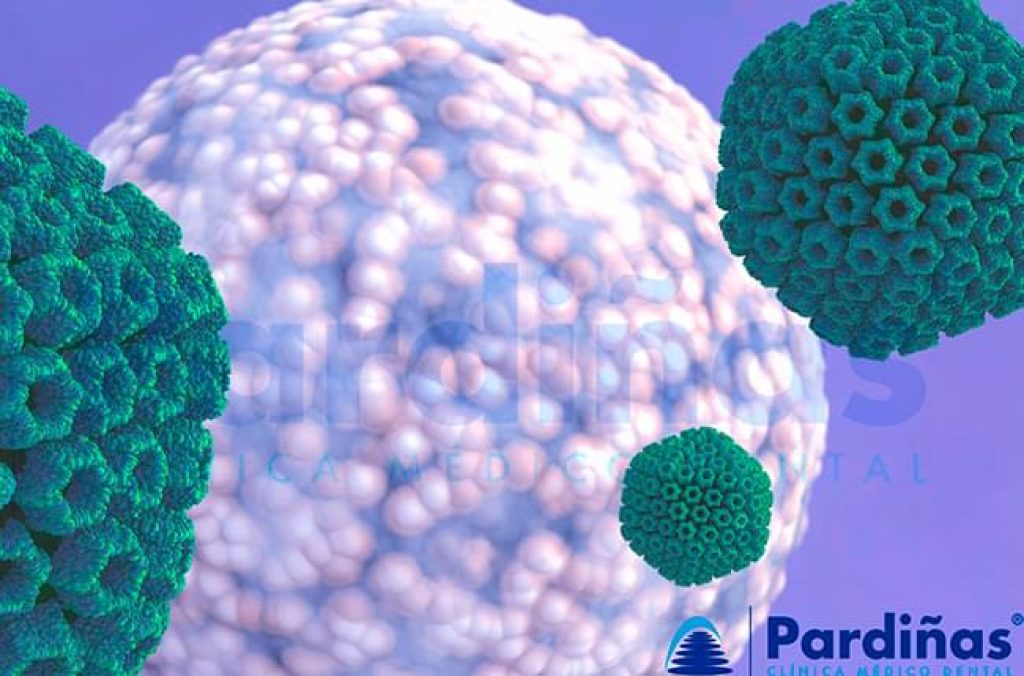
3a) Primary herpetic gingivostomatitis:
Occurs the first time the virus comes into contact with the body. It usually occurs in children and is the leading cause of stomatitis in young children.
3b) Recurrent labial herpes or cold sore:
It occurs in patients who have previously suffered from a herpetic infection. It usually appears at the junction of the lip with the skin. More than 60% of the adult population has suffered a herpes outbreak in their lifetime.
3c) Recurrent intraoral herpes:
Occurs in patients who have previously suffered from a herpetic infection. Small bouquet-shaped blisters usually appear on the palate and gums area.

4) What are the symptoms of a cold sore?
Cold sores affect both adults and children, but its symptoms may be slightly different if it is a first infection or a recurrent herpes.
4a) Symptoms of cold sores in adults
Adults often suffer from recurrent cold sores and, once an episode has occurred, the virus remains inactive in nerve cells and can appear as another cold sore in the same place as before. These outbreaks are usually accompanied by these symptoms:
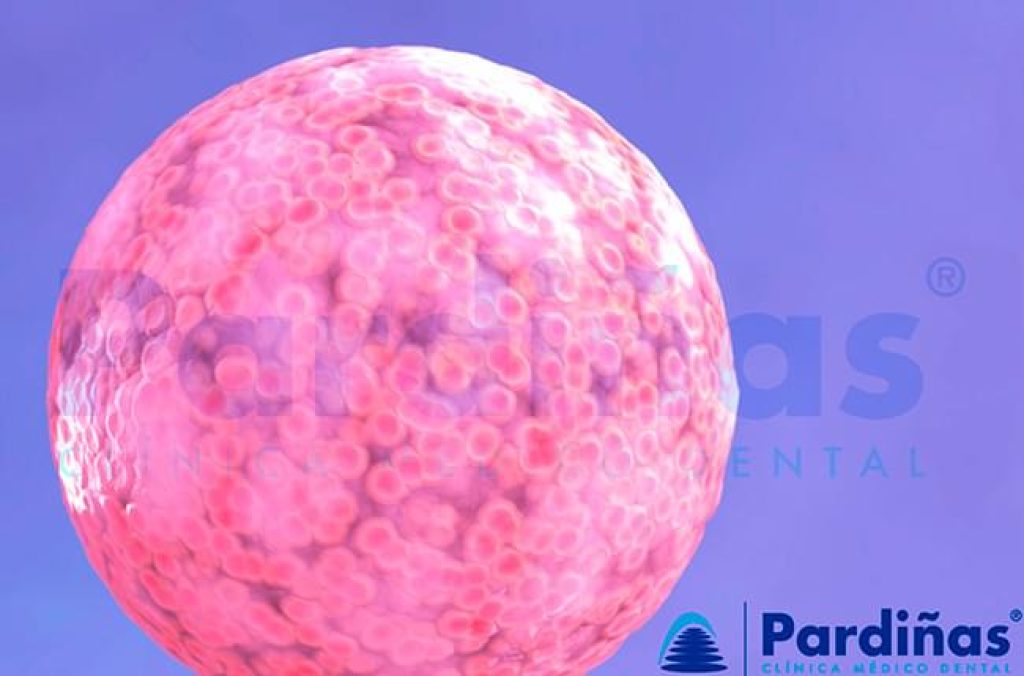
4a) A. Previous symptoms
Herpes infection begins with previous symptoms of itching and tingling sensation very localized on the edge of the lips.
4a) B. Blisters
After a couple of days,appear small yellowish blisters that usually develop along the lips or in nearby areas such as the cheeks and nose. In some cases they can manifest inside the mouth in the form of painful ulcers on the palate or gums that usually heal in 8-10 days
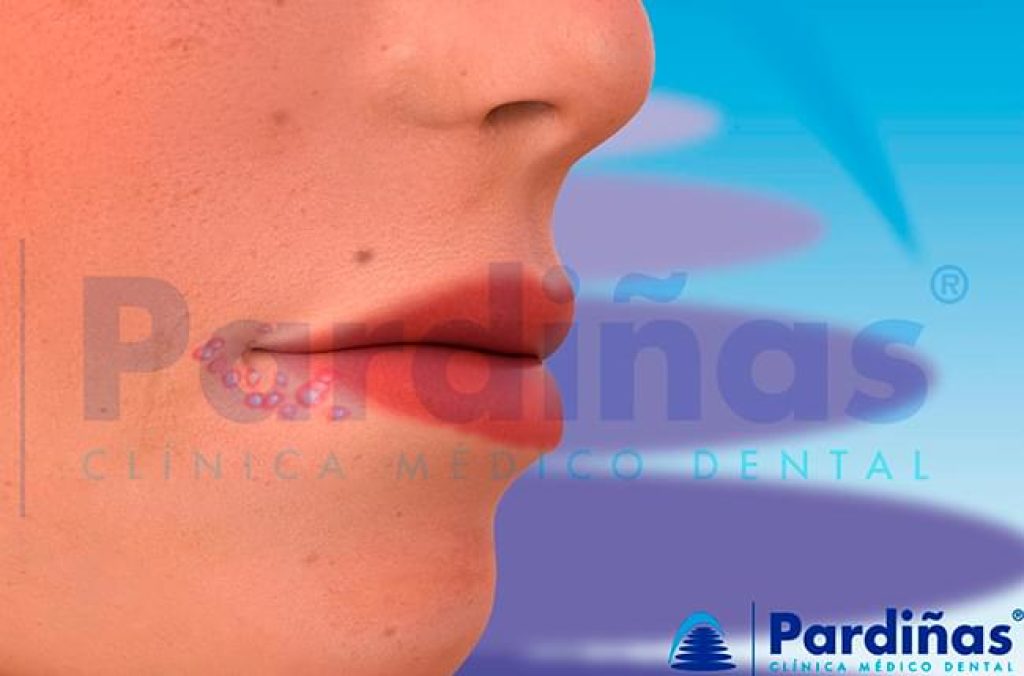
4a) C. Scabs
The blisters generated in the previous stage dry out and break, generating shallow open sores that present discharge and form a scab. These scabs disappear within 8-15 days.
4a) D. Symptoms of recurrent intraoral herpes
In some cases, herpes spreads to the inside of the mouth. The appearance of symptoms consists of bunchy vesicles similar to those of cold sores, which are located mainly on the palate and gums. These vesicles ulcerate very quickly causing inflammation and pain. They usually heal without a scar within 8 to 10 days.
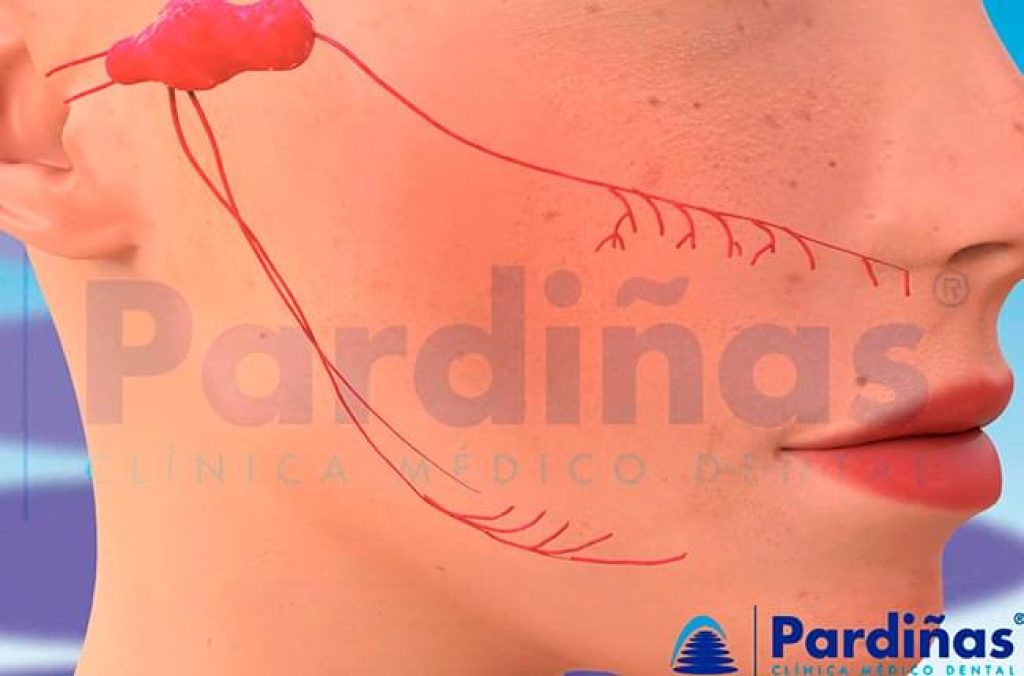
4b) Herpes symptoms in children or newly infected people
If it is a first infection with HSV-1, in addition to the symptoms mentioned above, it can also cause fever, sore gums, sore throat, headache, muscle aches, or swollen lymph nodes.
In children, the first contact and infection with the herpes virus is usually asymptomatic, although it is also possible that it causes herpetic gingivostomatitis, which is the most common cause of stomatitis in children aged 1-3 years. This condition usually causes a high fever, general malaise, headache, decreased appetite, and a sore throat, so it can be confused with pharyngitis. After a few days the gums become inflamed and swollen and cause great pain when swallowing. A couple of days later, multiple blisters appear anywhere in the mouth.
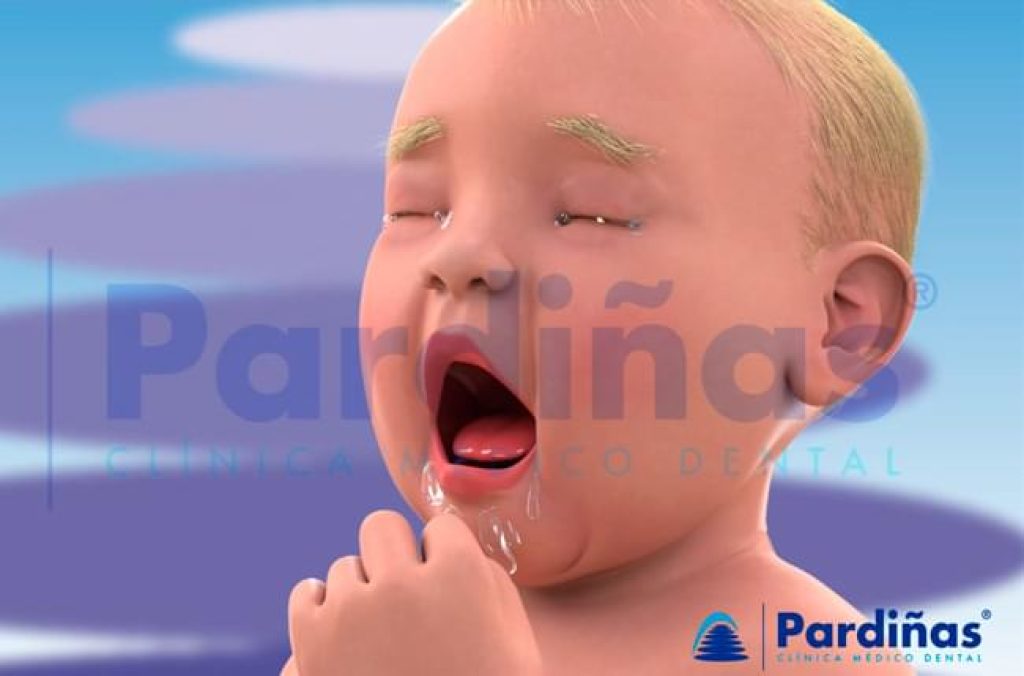
5) How to prevent cold sores
Being a virus that is transmitted by contact, it is important to avoid direct contact with infected people when there are clinical manifestations of blisters and vesicles. Some related recommendations:
- Do not kiss anyone with this type of injury.
- Do not share household items or towels or other daily cleaning textiles with people affected by the herpes virus.
- Use prophylactics during sexual practice with affected people.
- Wash your hands especially frequently if you are infected or live with a person with cold sores.
If you have already been infected by the herpes virus, to avoid recurrence it is also advisable to reduce stress, sleep a sufficient number of hours a day, maintain a good diet, apply sunscreen on the lips and moisturizing balm.

6) Treatment of herpes on the lips
The lesions caused by this virus usually resolve on their own in one or two weeks, although this time can sometimes even double. During this time, the treatment to follow is usually:
- If it is detected early, it can be treated with antiviral drugs to reduce symptoms.
- Once manifested, the treatment is usually symptomatic with protective gels and anesthetics, although the application of local cold can also help relieve discomfort.
- In any case, it is recommended not to touch the lesions to avoid infecting the affected area, hinder healing or spread the virus to other parts of the body.
